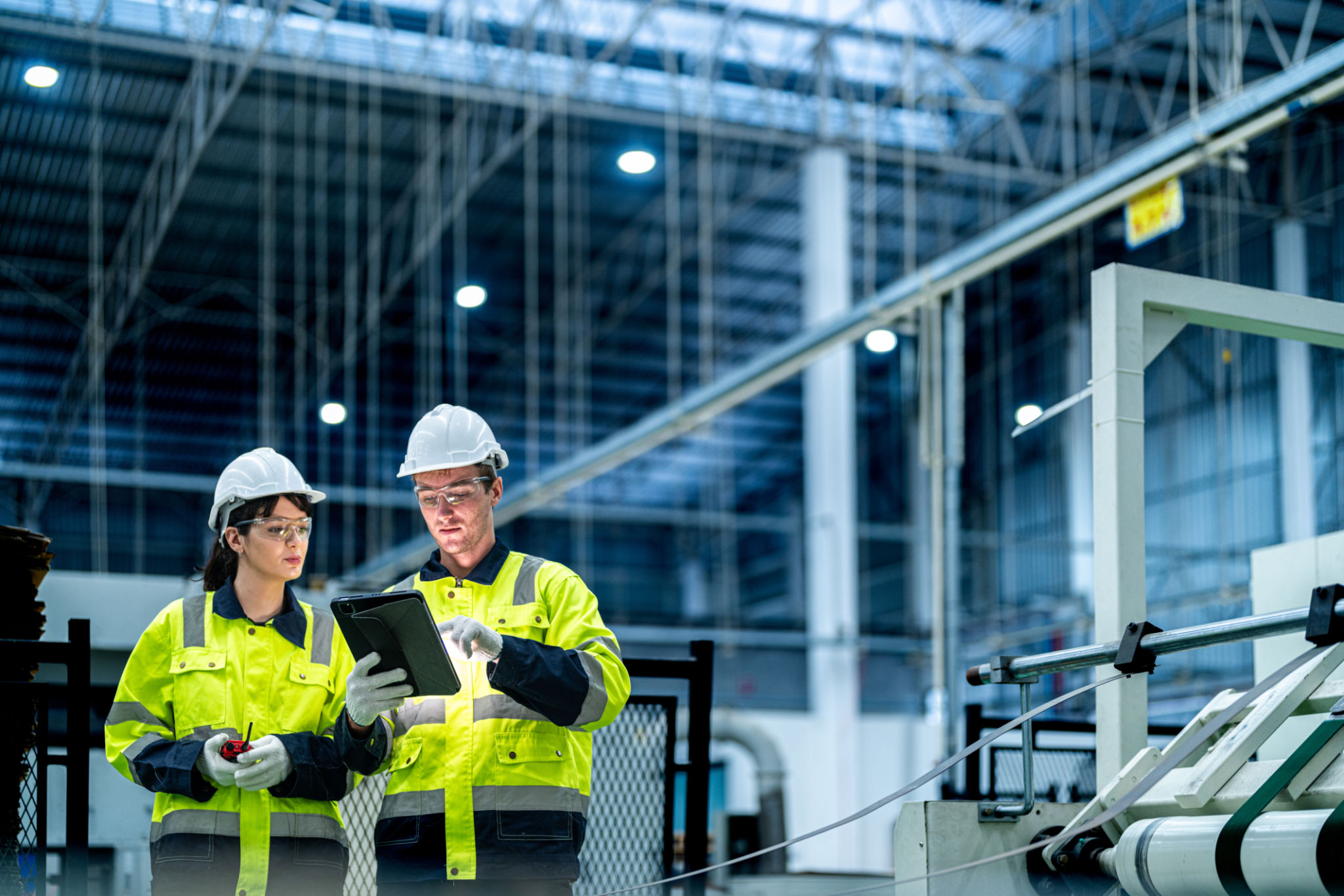The Impact of Smart Factories on Zhejiang's Manufacturing Industry
The Rise of Smart Factories in Zhejiang
The concept of smart factories has taken the global manufacturing industry by storm, and Zhejiang, a leading manufacturing hub in China, is no exception. Smart factories integrate advanced technologies such as the Internet of Things (IoT), artificial intelligence (AI), and robotics to create highly efficient and flexible production processes. This transformation is not only reshaping the way products are manufactured but also providing a competitive edge to Zhejiang's industry.

Advantages of Smart Factories
One of the most significant advantages of smart factories is their ability to enhance productivity and efficiency. By utilizing real-time data and analytics, manufacturers can optimize operations, reduce downtime, and improve product quality. Moreover, smart factories enable companies to rapidly adjust to market changes, meeting customer demands more effectively.
Another crucial benefit is the reduction in operational costs. Automation and predictive maintenance minimize human error and equipment failure, leading to fewer disruptions and lower maintenance expenses. This cost-effectiveness is particularly advantageous for Zhejiang's manufacturing sector, which faces intense competition both domestically and internationally.
Impact on Employment
While smart factories bring numerous benefits, they also pose challenges, particularly concerning employment. As automation increases, the demand for traditional manufacturing jobs may decrease. However, this shift creates opportunities for new roles that require advanced skills in technology and data analysis.

Zhejiang's educational institutions and companies are proactively addressing this challenge by investing in workforce training programs. By equipping workers with the necessary skills, they can transition into high-tech positions, ensuring that the region remains a leader in manufacturing innovation.
Environmental Benefits
Smart factories contribute to sustainability by reducing waste and energy consumption. Advanced monitoring systems enable precise control over production processes, minimizing resource use and emissions. This eco-friendly approach aligns with global initiatives to combat climate change and promotes Zhejiang as a responsible manufacturing hub.
Furthermore, the adoption of smart technologies supports the development of greener products, as manufacturers can experiment with sustainable materials and methods more efficiently.

Future Prospects
The future of Zhejiang's manufacturing industry looks promising with the continuous evolution of smart factories. As technology advances, these factories will become even more sophisticated, offering new possibilities for innovation and growth.
- Increased integration of AI-driven decision-making processes.
- Expansion of IoT networks for improved connectivity.
- Development of autonomous production systems.
By embracing these advancements, Zhejiang can maintain its competitive edge on the global stage while contributing to a more sustainable and prosperous future.